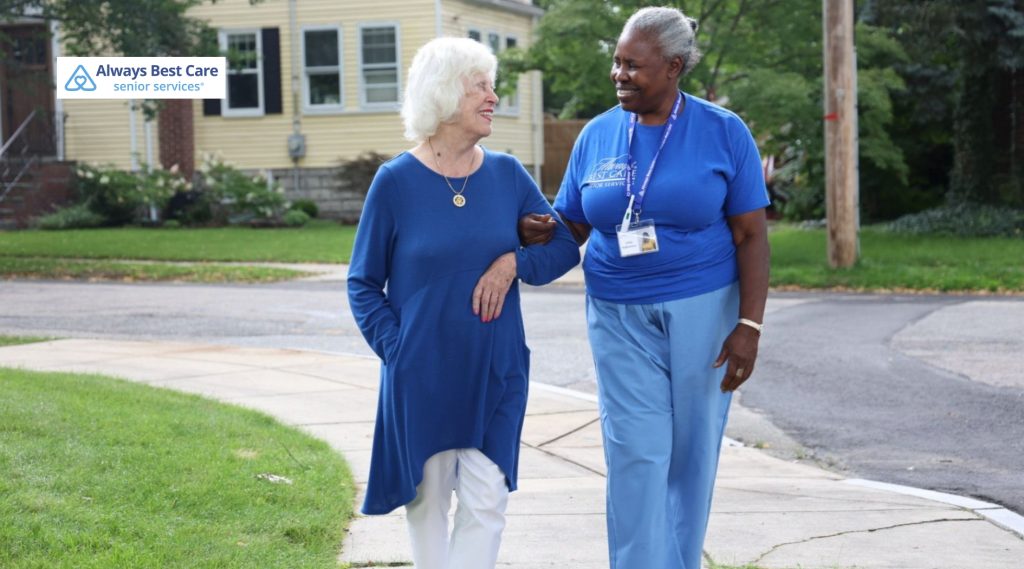Is It Time? Recognizing the Signs for Hospice Care in Asheville, NC

Let’s be honest—making decisions about hospice care isn’t something any of us rush into. When someone we care about faces a serious illness, the thought of shifting from curative treatment to comfort care feels heavy. But here’s the thing: hospice isn’t about giving up. It’s about making sure every day counts, prioritizing quality of life and dignity right here in Asheville, NC.
Noticing the subtle—and sometimes not-so-subtle—signs that hospice care might be needed can help us ensure our loved ones receive the respect and comfort they deserve.
What you will learn:
- The key physical signs that may indicate it’s time to consider hospice care include frequent hospital visits, pain management issues, and difficulty with daily activities.
- How emotional and behavioral changes, such as withdrawal from social interactions and heightened anxiety, can signal the need for hospice care.
- The benefits of hospice care include expert symptom management, emotional support, and 24/7 availability for urgent needs.
- Practical tips for starting the conversation about hospice care with your loved one and their healthcare provider, ensuring a respectful and supportive approach.

Table of Contents
What Is Hospice Care, Really?
Hospice care is for folks with a life-limiting illness who aren’t pursuing aggressive treatments anymore. Instead, the focus shifts to managing symptoms, reducing pain, and supporting not just the patient, but all of us—the family, too.
Here’s a quick rundown:
- Care can be provided at home, in a hospice center, or at long-term care facilities.
- It’s covered by Medicare, Medicaid, and most private insurance plans.

Physical Signs It Might Be Time for Hospice Care in Asheville, NC
Nobody wants to jump the gun, but sometimes the writing’s on the wall. If your loved health keeps declining—even with ongoing treatment—it might be time to chat with their doctor about hospice care.
Watch out for these physical clues:
- Frequent hospital visits or trips to the ER lately?
- Sudden or significant weight loss with no improvement.
- Difficulty breathing, even while resting, or relying on oxygen.
- Pain that’s tough to control, despite medication.
- Recurring infections or slow recovery from illness.
- Reduced mobility—needing help to get out of bed or move around.
- Trouble with daily tasks like bathing, dressing, or eating independently.

Emotional and Behavioral Changes
It’s not just physical symptoms we need to keep an eye on. Emotional and behavioral changes can be big red flags, too.
Here’s what to look for:
- Withdrawal from social interaction—sleeping or resting instead of engaging.
- Loss of interest in hobbies or favorite routines.
- Emotional distress, including anxiety, fear, or sadness.
Confusion or disorientation, changes in mental status.
These shifts often show how much the illness is affecting their mind and spirit—not just their body.

Medical Considerations: When the Doctor Suggests Hospice
Sometimes, a healthcare provider will bring up hospice when:
- The diagnosis is terminal, and the expected prognosis is six months or less if the illness follows its usual path.
- Curative treatments have stopped working or cause more harm than good.
- The main goal becomes comfort and dignity, not extending life at all costs.

How Hospice Care Helps
Choosing hospice isn’t about less care—it’s about better care. Here’s what your loved one gets:
- Pain and symptom management from experienced professionals.
- Emotional and spiritual support for both patients and families.
- 24/7 availability for urgent needs or questions.
- Respite care gives family caregivers a much-needed breather.
- Guidance in end-of-life planning and decisions.
All this adds up to more comfort, more respect, and more peace of mind.

Starting the Conversation
Talking about hospice isn’t easy, but avoiding it can make things harder down the road. If you’re thinking it’s time, here’s how to approach it:
- Pick a calm moment with no interruptions.
- Listen to your loved one’s hopes and fears.
- Use gentle language—focus on comfort, support, and dignity.
- Involve their doctor for medical advice and reassurance.
Why Sooner Is Often Better
Waiting too long to consider hospice can mean missing out on precious time with improved comfort. Studies show hospice care doesn’t shorten life—sometimes it even helps folks live longer by reducing stress and discomfort. More importantly, it makes sure their final months are spent with the best possible quality of life.
At Always Best Care of Asheville, we know these decisions are tough. We’re here to walk you through every step, connecting you with trusted providers and ensuring your loved one gets the care they deserve.
FAQ: Hospice Care in Asheville, NC
Q: What is hospice care, and who qualifies?
A: Hospice care is for people facing a life-limiting illness who aren’t seeking aggressive treatments. It’s designed to manage symptoms and prioritize comfort.
Q: Does choosing hospice mean giving up on my loved one?
A: Nope. Hospice is about maximizing quality of life and comfort—not giving up hope.
Q: Is hospice care only provided at home?
A: Hospice can happen at home, in a dedicated hospice center, or at long-term care facilities.
Q: Will Medicare or insurance cover hospice care in Asheville, NC?
A: Yes—Medicare, Medicaid, and most private insurance plans cover hospice care.
Q: How do we know it’s time for hospice?
A: Look for declining health, increased pain, emotional withdrawal, and trouble with daily activities. If you’re seeing several signs, it’s worth having the conversation.

Is It Time for Hospice Care? Let Us Help You Make the Right Decision with Compassion and Support!
Choosing hospice care in Asheville, NC, isn’t about letting go—it’s about holding on to what matters most: comfort, dignity, and meaningful moments. By spotting the signs early and opening the conversation, we can make sure our loved ones get the compassionate care they deserve. Reach out to us at Always Best Care of Asheville; we’re ready to support you and your family every step of the way. Contact Always Best Care of Asheville at (828) 676-2939 to learn more and schedule your free consultation.





